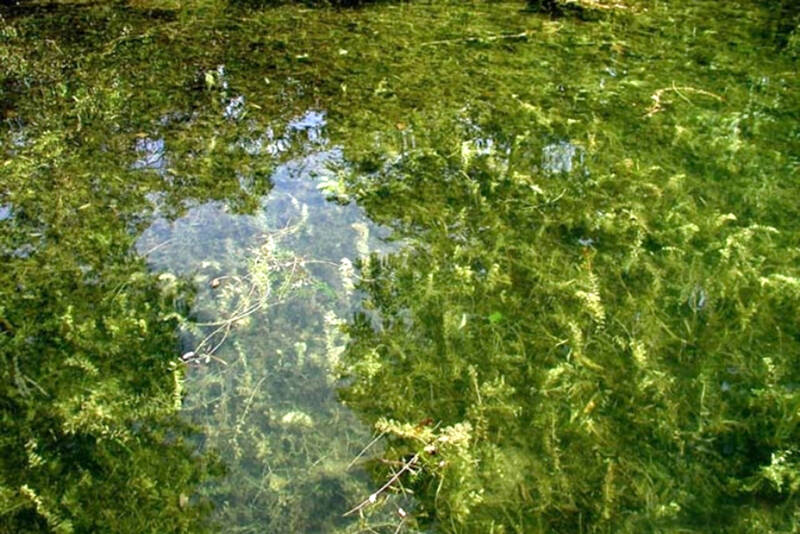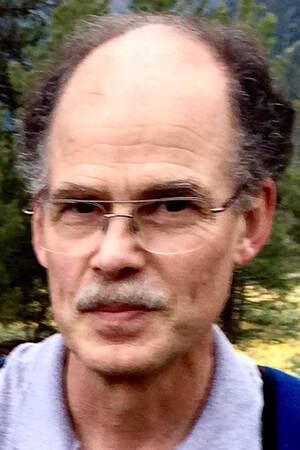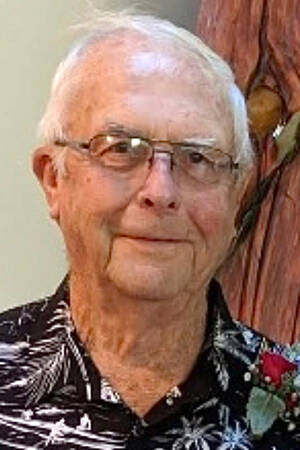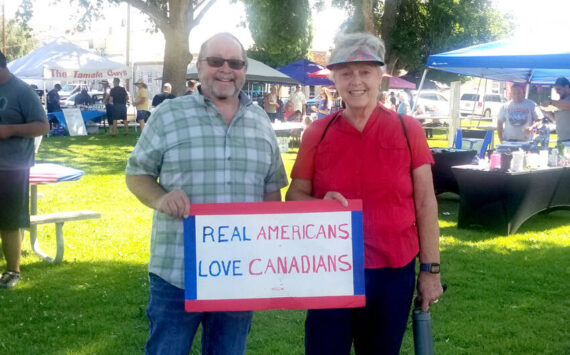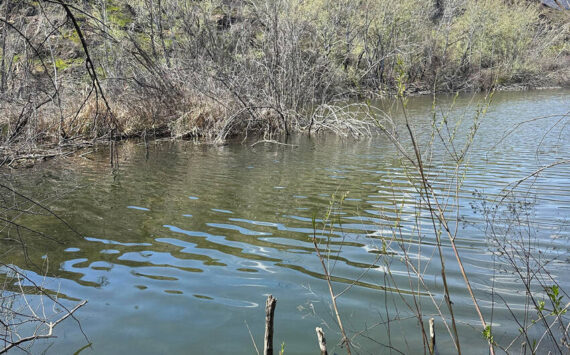OROVILLE – On Sept 1, the Okanogan County Noxious Weed Control Board, along with Lakeland Restoration, will be conducting follow up aquatic weed control treatments on Lake Osoyoos for Eurasian Milfoil infestations.
Treatments will be primarily focused on treating infestations located south of the Osoyoos Lake Veterans Memorial City Park (the river section of the lake) and select locations along the western shore of the lake.
Airboats will be utilized during these applications to allow access to shallower sections of the lake. Landowners and others on or near the lake should be aware that these airboats are very loud and do create a lot of wind so lighter objects should be removed from docks and near the shoreline while treatments are taking place. Airboats will give the applicators access to shallower parts of the lake that a regular boat cannot access.
For these treatments, Lakeland Restoration will be applying the herbicides Endothall and Diquat. These treatments will impact water usage and recreational access on the lake, as there are swimming, potable water and irrigation restrictions for these herbicides.
Post-Treatment Water Use Restrictions for Endothall:
Due to the many formulations of this chemical the post-treatment water use restrictions vary. Each product label must be followed. For all products there is a drinking water standard of 0.1 ppm and can not be applied within 600 feet of a potable water intake. Use restrictions for Endothall products also have irrigation and animal water restrictions.
Post-Treatment Water Use Restrictions for Diquat:
There are no restrictions on swimming or eating fish from water bodies treated with diquat. Treated water should not be used for drinking water for one to three days, depending on the concentration used in the treatment. Do not use treated water for pet or livestock drinking water for one day following treatment. The irrigation restriction for food crops is five days, while restrictions for ornamental plants or lawn/turf varies from one to three days depending on the concentration used.
For further questions regarding these treatments, contact the Okanogan County Noxious Weed Control Board at 509-422-7165.
